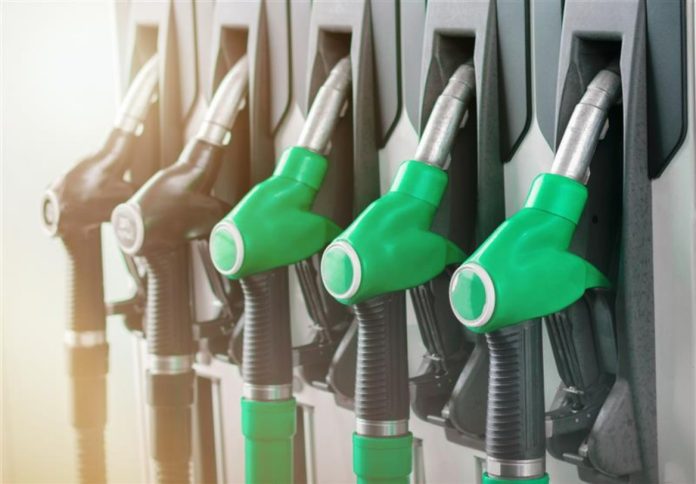
The Australian Government has announced a $1.1 billion investment to accelerate local manufacturing of cleaner liquid fuels, aimed at strengthening supply chains and supporting the nation’s transition to net zero.
Treasurer Jim Chalmers said the new ten-year Cleaner Fuels Program would stimulate private investment in onshore production of low carbon fuels, such as renewable diesel and sustainable aviation fuel, with the first commercial production expected by 2029.
“Low carbon liquid fuels are an enormous economic opportunity for Australia,” Dr Chalmers said. “From the farm to the refinery, from primary production to processing, this will create more jobs and more opportunities for Australian workers and businesses.”
The Government said Australia is well-positioned to manufacture cleaner alternatives to fossil fuels thanks to access to feedstocks such as canola, sorghum, sugar and waste, as well as reliable renewable energy sources.
According to the Clean Energy Finance Corporation (CEFC), the industry could be worth $36 billion by 2050 and deliver around 230 million tonnes of emissions reduction.
Minister for Climate Change and Energy Chris Bowen emphasised the role of domestic fuel production in supporting difficult-to-abate sectors.
“Making cleaner fuels here, from Australian feedstocks, creates the path for emissions reduction in sectors that are hardest to clean up, like plane travel and construction machines,” Mr Bowen said. “Across the nation we have 2 billion litres worth of projects in the pipeline, many of which are ready to scale up production.”
The Cleaner Fuels Program will provide production-linked incentives, with grants to be awarded through a competitive process.
It builds on the Government’s Sustainable Aviation Fuel Funding Initiative and the Future Made in Australia Innovation Fund.
Acting Minister for Infrastructure, Transport, Regional Development and Local Government Murray Watt said cleaner fuel manufacturing would help meet rising transport demand while advancing climate targets.
“As demand for air travel grows, and more goods are moved by road and rail, it’s essential we invest in future fuels that allow us to facilitate this increasing demand while meeting our net-zero targets,” Mr Watt said.
Minister for Agriculture, Fisheries and Forestry Julie Collins added that regional communities would benefit from the program.
“Producing more low carbon liquid fuels right here in Australia won’t just benefit our fuel security and emissions reduction, it will support Australian farmers, foresters and our regions,” Collins said.
The Government said consultation and design work on eligibility will take place this financial year, with projects required to demonstrate alignment with the Future Made in Australia Act’s community benefit principles.
Officials noted that while Australia already exports nearly $4 billion worth of suitable feedstocks like canola and tallow, onshore manufacturing of low carbon fuels represents an untapped opportunity for jobs, regional growth, and long-term resilience in fuel supply.

















